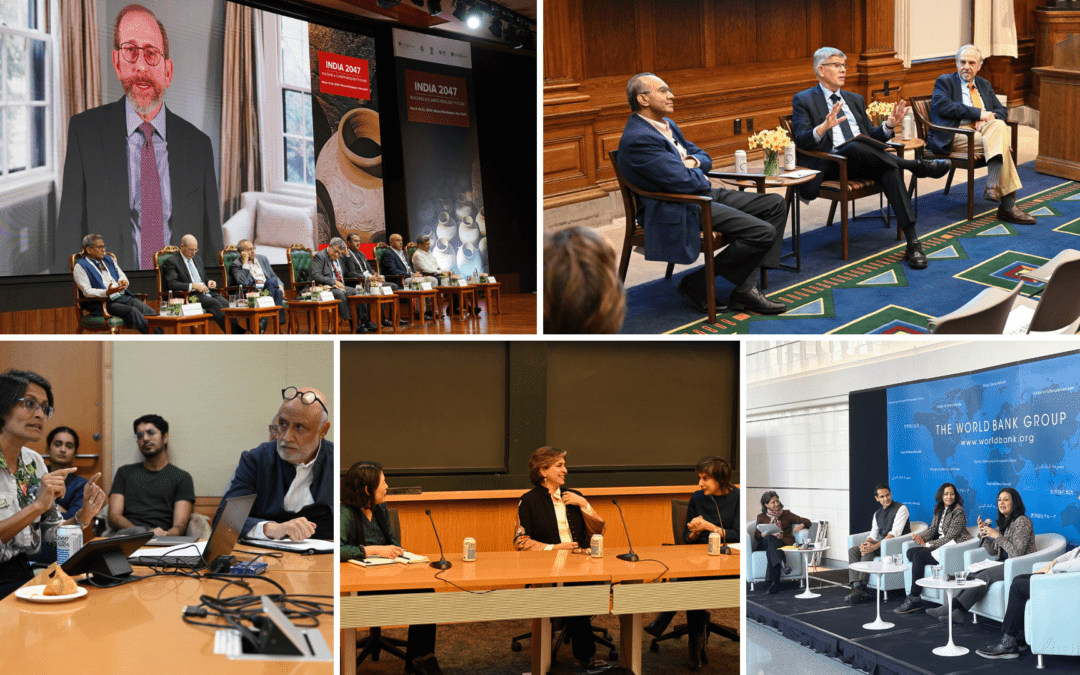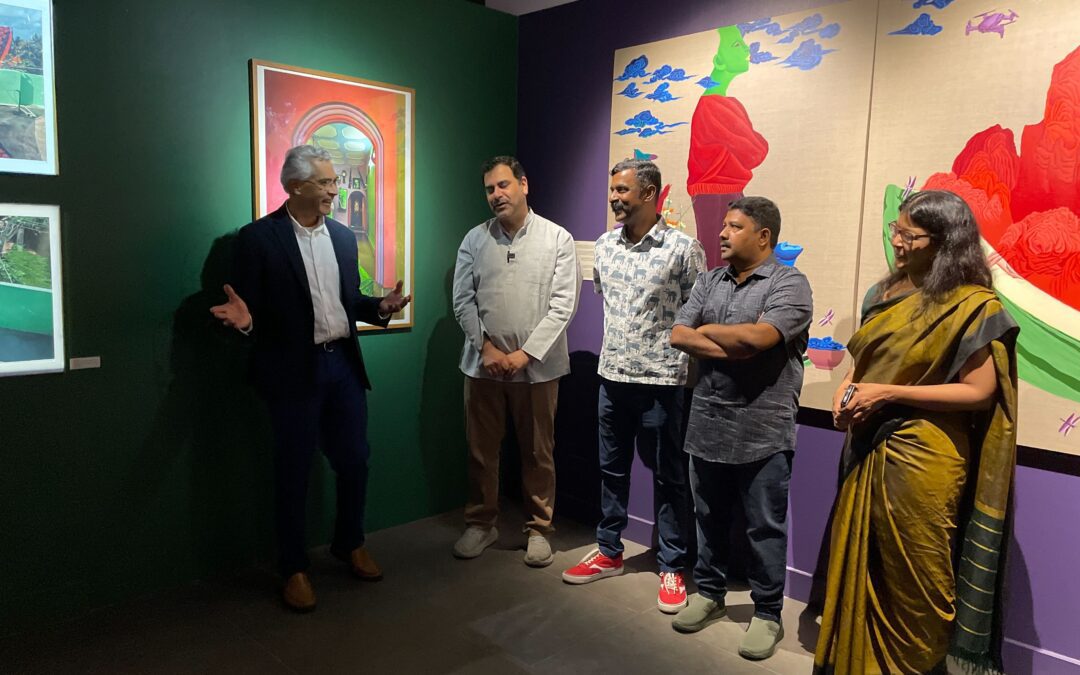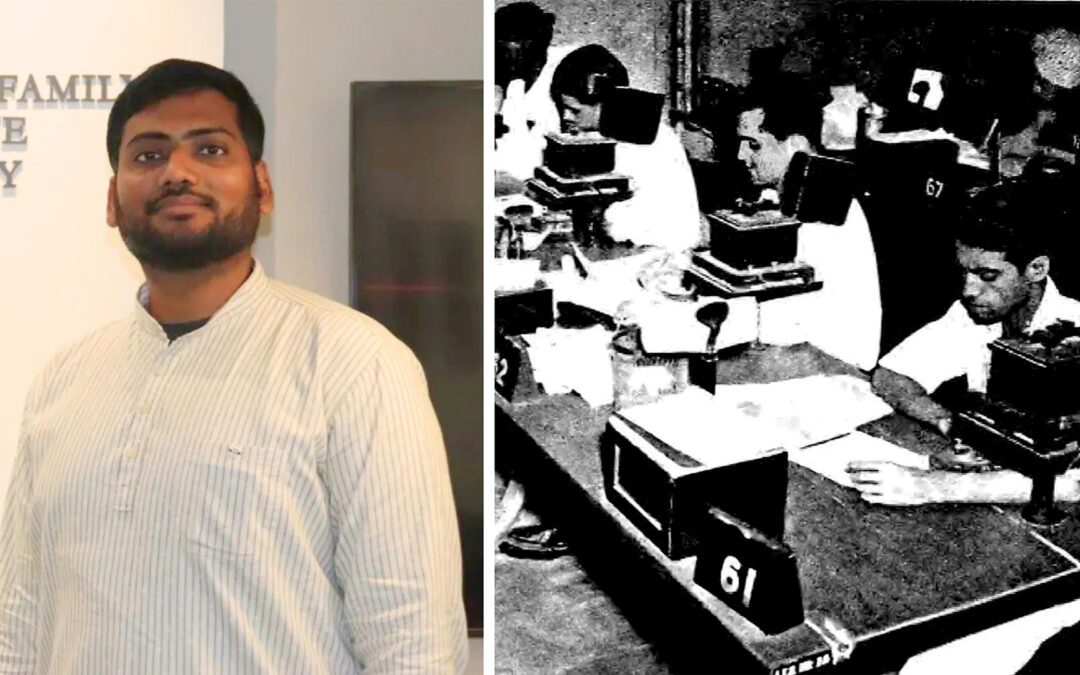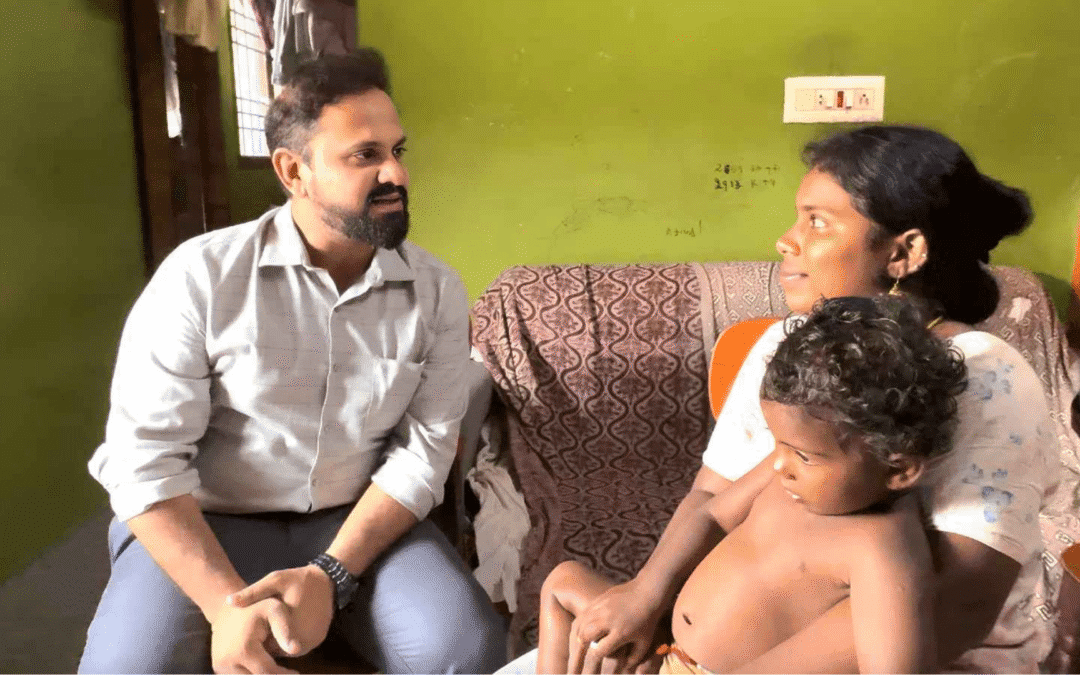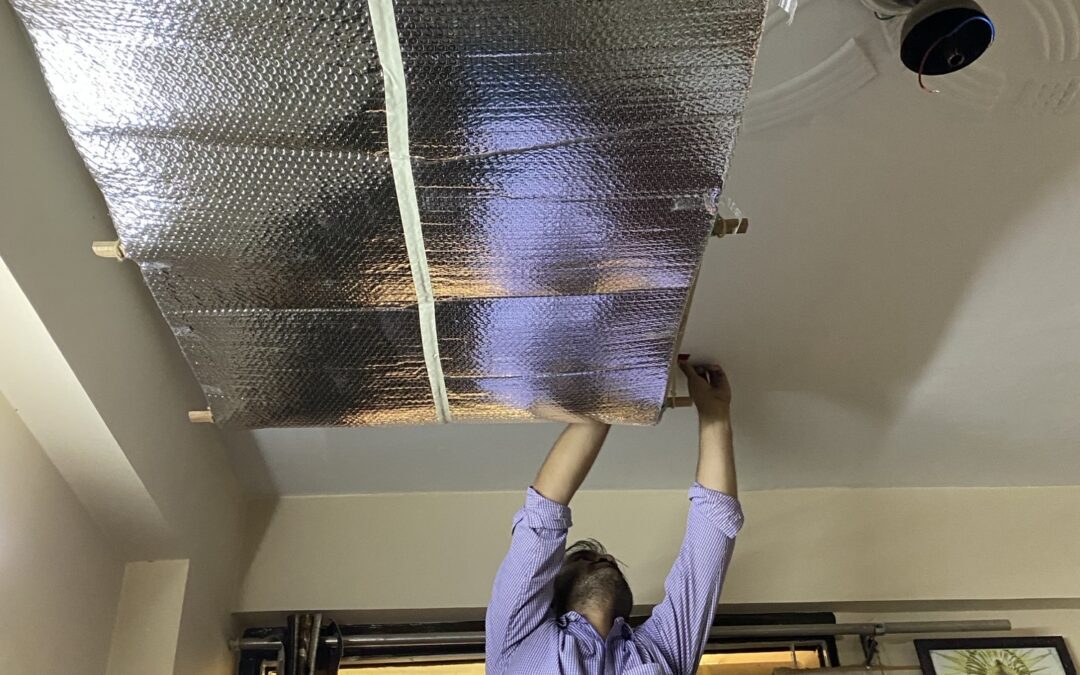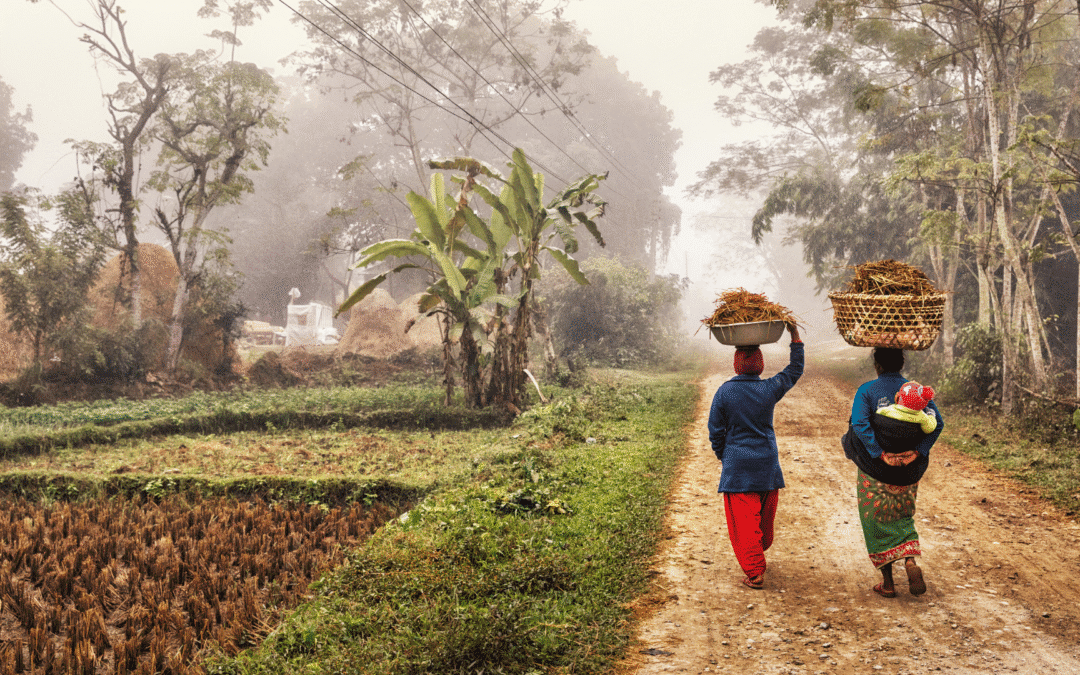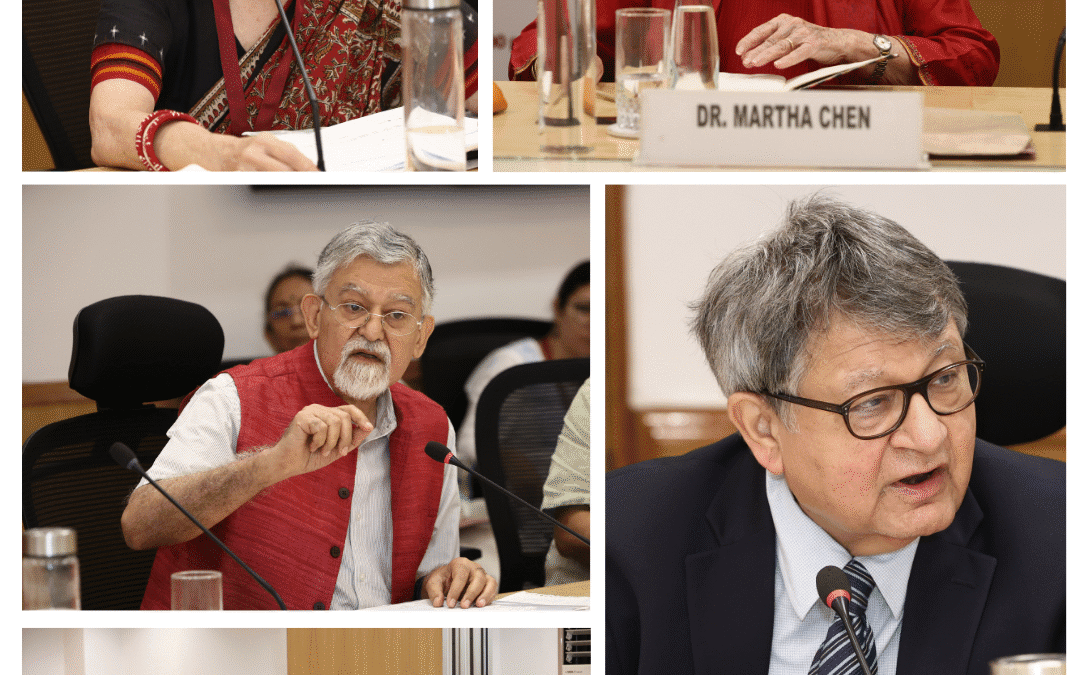While the Taps Still Run: Rethinking Water Crisis Through Narrative and Practice
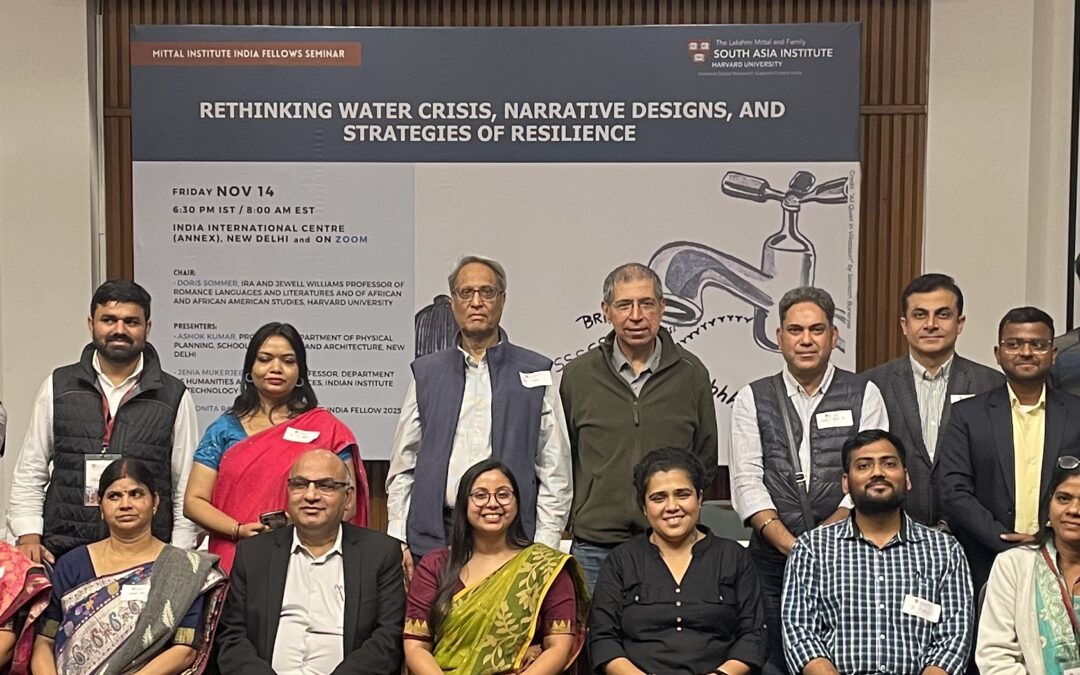
The Mittal Institute hosted a seminar titled “Rethinking Water Crisis, Narrative Designs, and Strategies of Resilience,” marking the end-of-fellowship seminar of Dr. Nobonita Rakshit, India Fellow at the Mittal Institute. The session was chaired by her mentor, Professor Doris Sommer, Ira and Jewel Williams Professor of Romance Languages and Literatures and of African and African American Studies at Harvard University.

